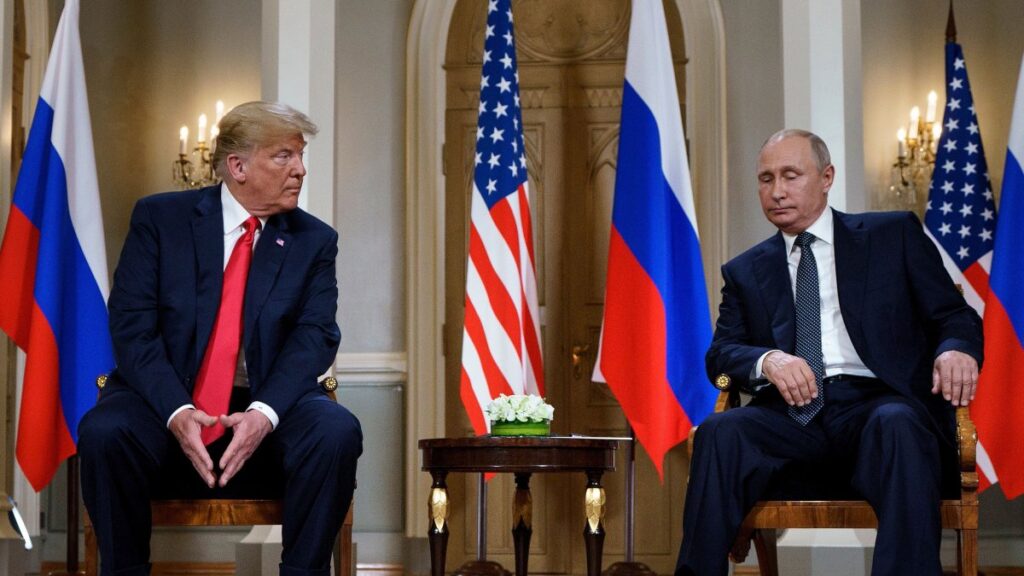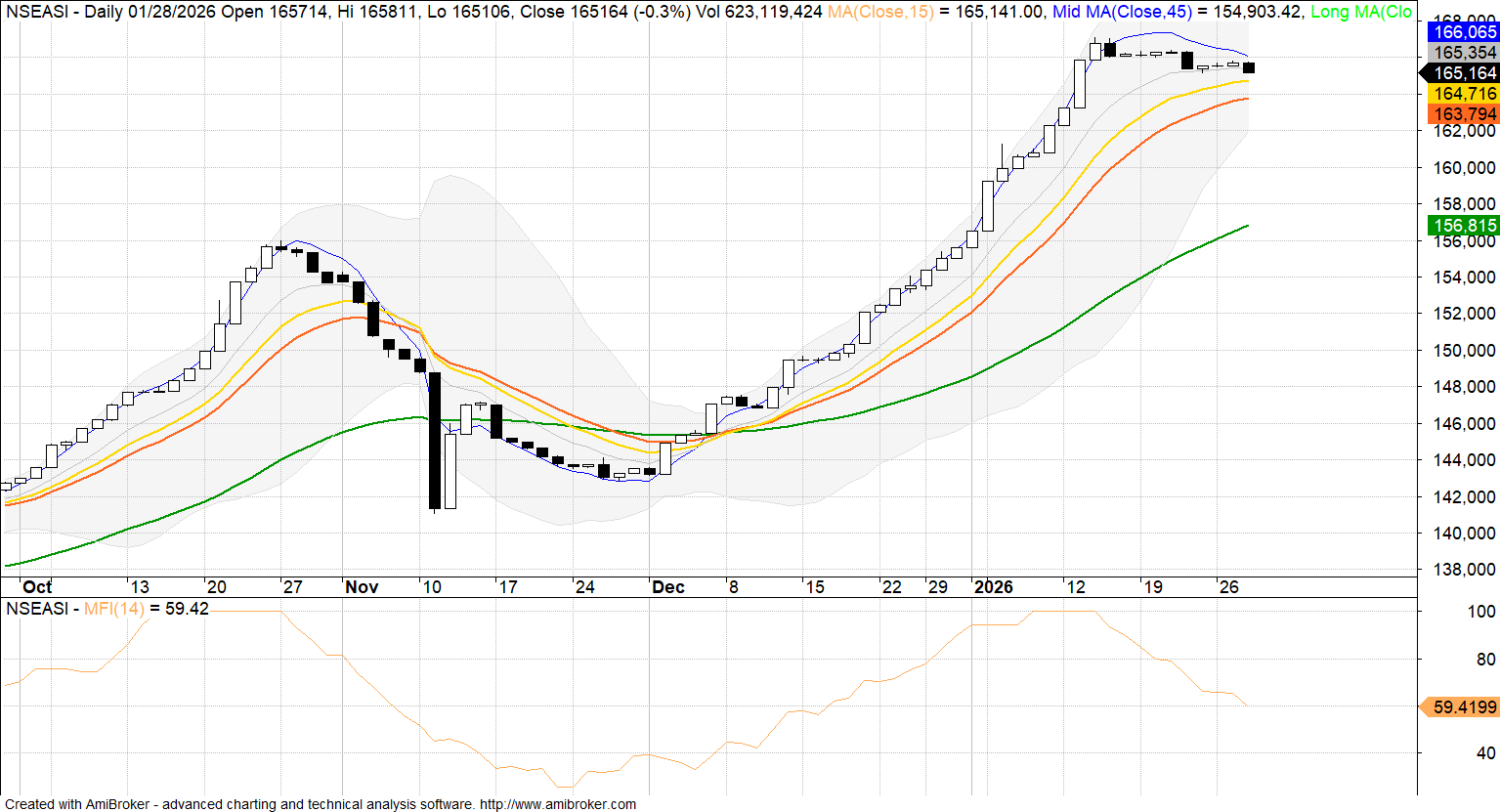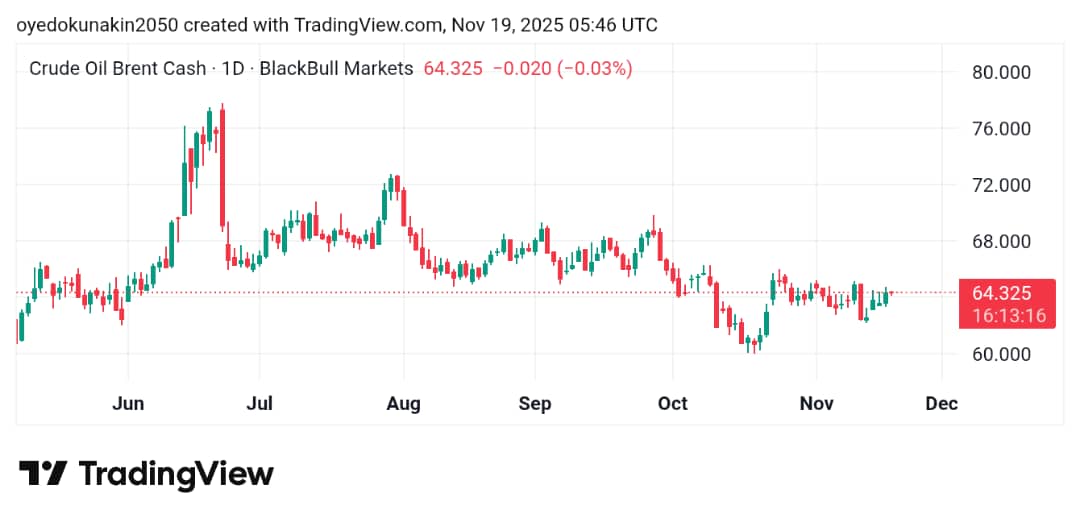
Akintunde Oyedokun
Research Analyst
Oil prices rose about 1% on Thursday, buoyed by a sharp 3.2 million-barrel U.S. crude inventory drop and Russia’s plan to restrict gasoline exports to most countries. Brent settled at $69.18 per barrel, while WTI closed at $66.03, recovering from earlier losses sparked by news that Chevron may resume limited operations in Venezuela.
Although that news briefly dragged prices down, traders viewed the Venezuela move as a one-off with limited market impact. The rebound was further supported by optimism over a possible U.S.-EU trade deal and overall supply concerns, giving oil prices fresh momentum late in the session.
U.S. Activity Rises in July, But Tariffs Trigger Inflation Surge
Business activity in the U.S. rose in July, with the S&P Global Composite PMI climbing to 54.6—driven by strong service sector growth—while manufacturing slipped into contraction. Despite the output gain, business confidence remained low, weighed down by concerns over tariffs and federal policy changes.
Prices for inputs and finished goods continued to climb, largely due to tariffs on imported items. A significant portion of businesses cited rising costs tied to these duties, fueling inflation fears and casting doubt on any near-term interest rate cuts by the Federal Reserve.
ECB Holds Rates At 2%, Cites Trade Uncertainty With U.S.
The European Central Bank kept interest rates steady at 2% on Thursday, pausing after a year of cuts as it waits for clarity on EU-U.S. trade relations. With inflation back at target and domestic pressures easing, policymakers offered no forward guidance, sticking to a data-dependent approach.
While a potential 15% U.S. tariff on EU goods could hurt growth and inflation, the eurozone economy remains resilient for now. Markets still expect another rate cut later in the year.
Morocco To Invest $4.2bn In Airport Upgrades Ahead Of 2030 World Cup
Morocco will invest 38 billion dirhams ($4.2 billion) over five years to upgrade key airports in preparation for cohosting the 2030 World Cup with Spain and Portugal. The plan, signed with the airports authority ONDA, includes 25 billion dirhams for expansion and 13 billion for maintenance and land. Airport capacity is set to more than double to 80 million passengers by 2030, with a major new terminal planned for Casablanca. Morocco recorded 17.4 million visitors in 2024 and aims for 26 million by 2030.
Nigerian Economist Say Low Oil Output May Derail Country’s 2025 Budget, Seek Fixes in Oil and Agriculture
The Nigerian Economic Summit Group (NESG) has warned that poor oil production in early 2025, below the 2.06mbpd target, may affect the success of the 2025 budget. It urged the government to fix problems like oil theft, vandalism, and weak infrastructure.
NESG praised the Dangote Refinery for cutting petrol imports by 53% but said more support is needed for both public and private refineries. It also called for efforts to formalize small businesses before the 2026 VAT changes and urged action to reduce food inflation caused by farmer-herder clashes.












